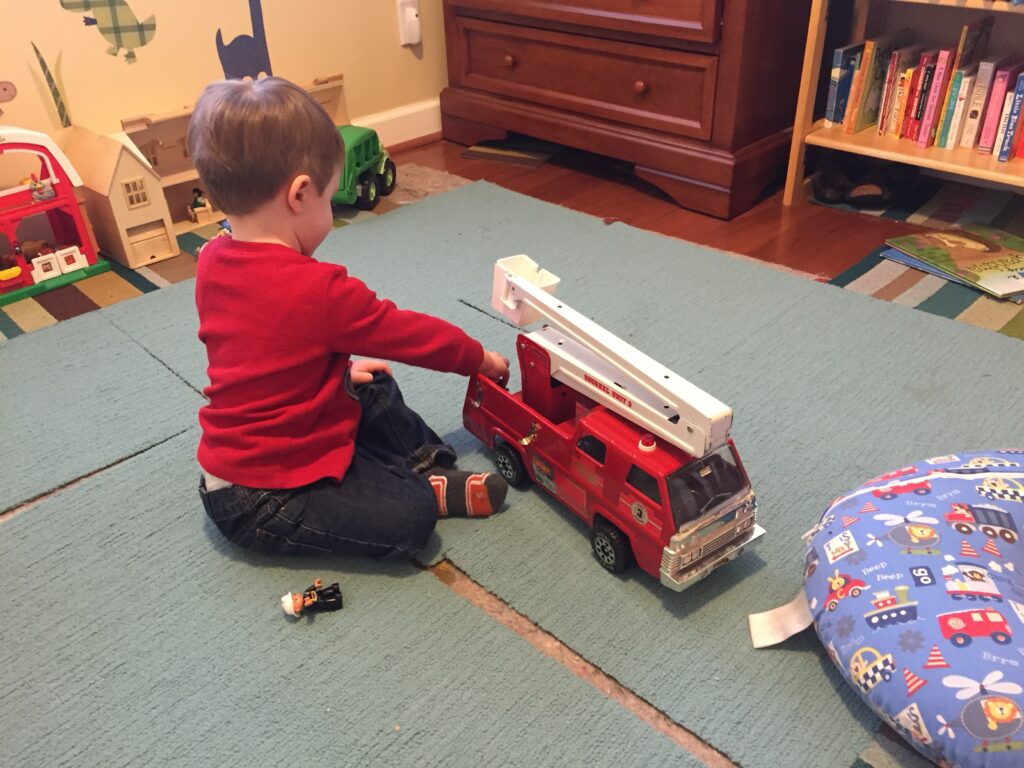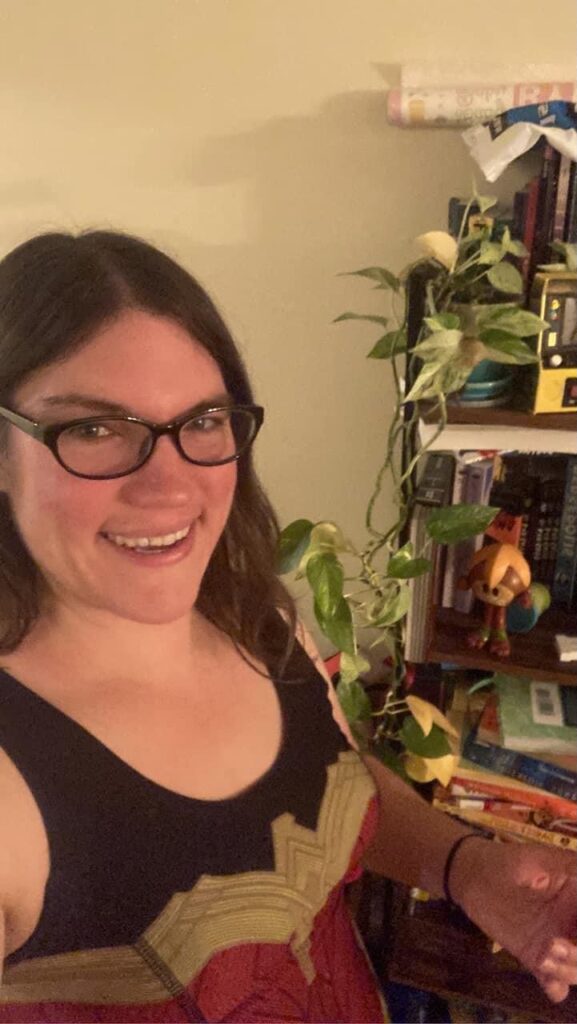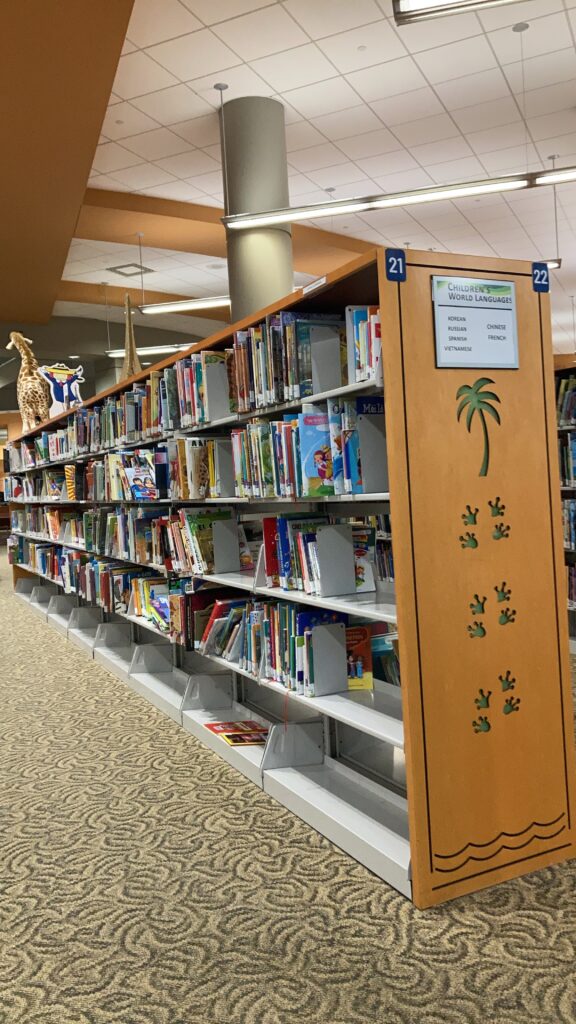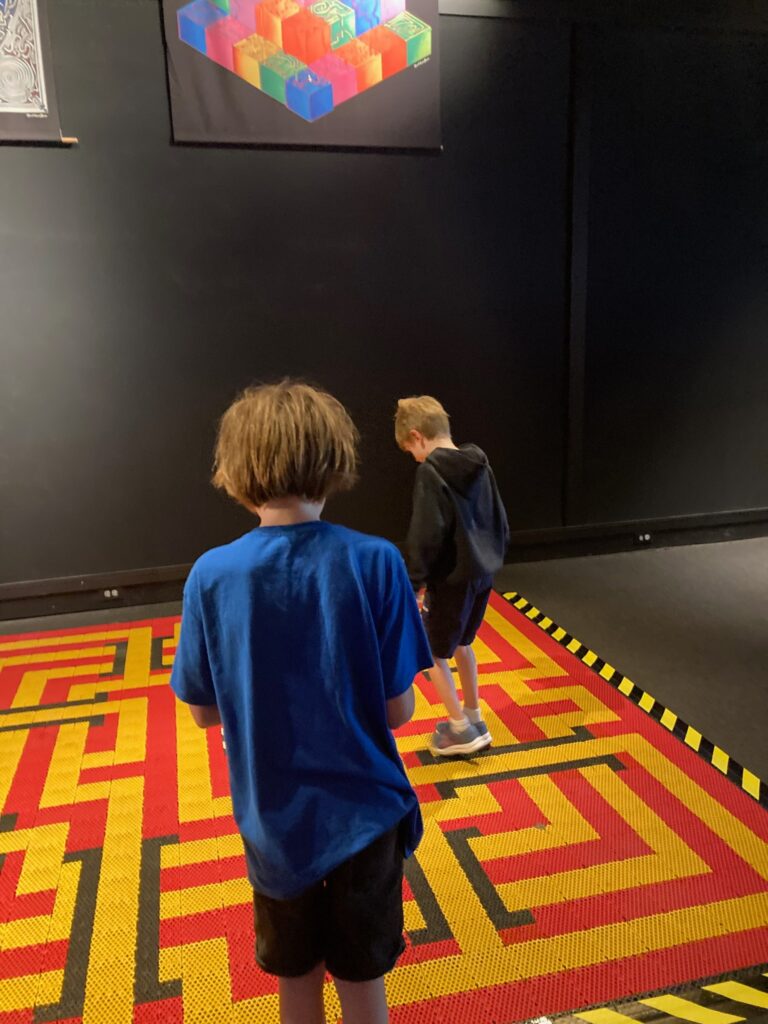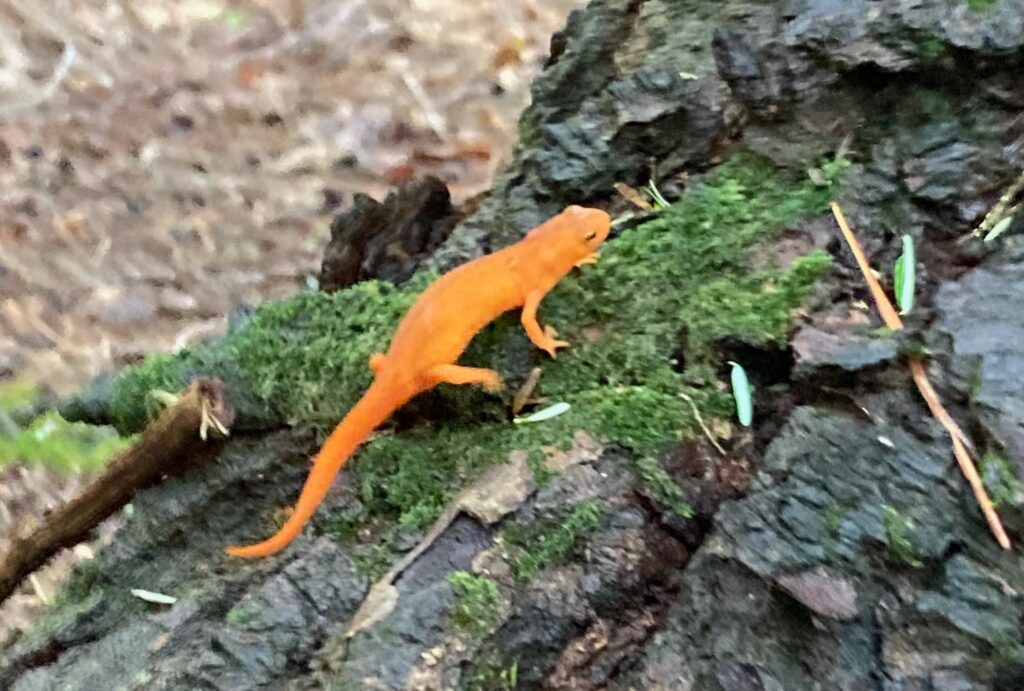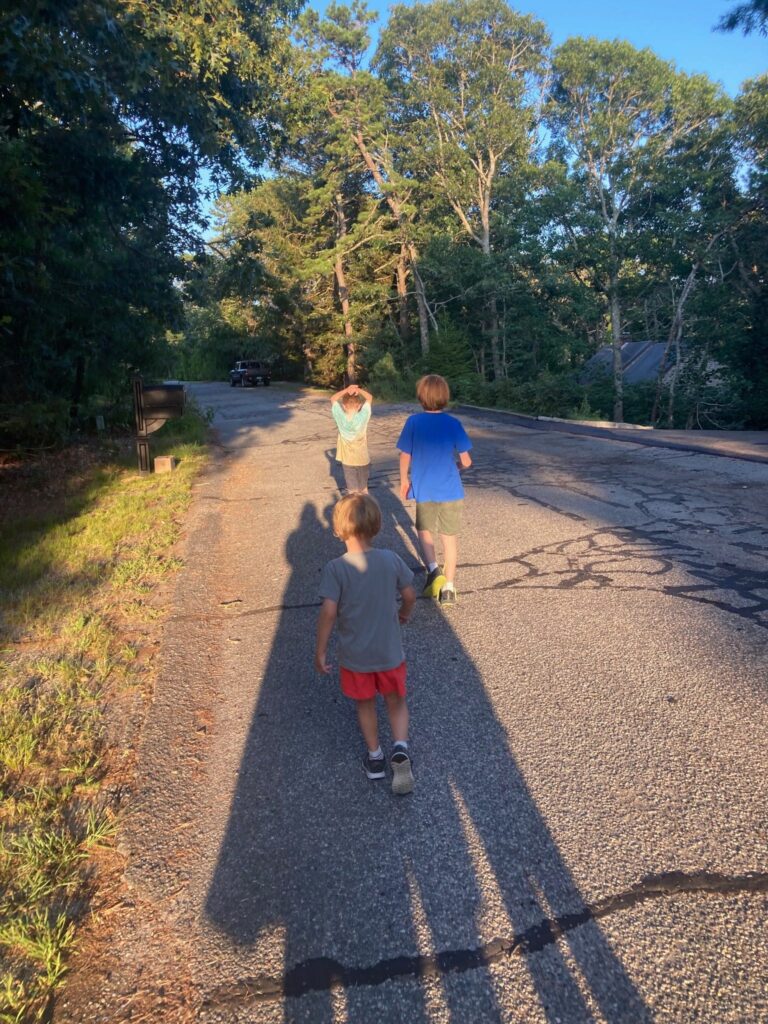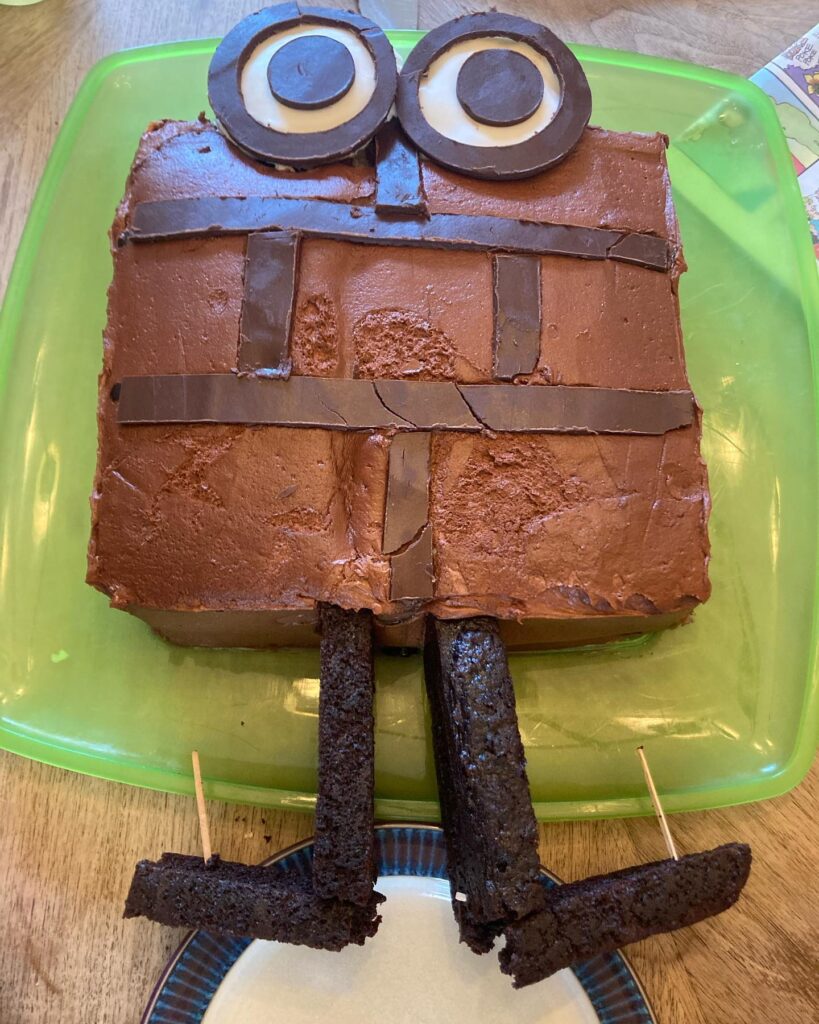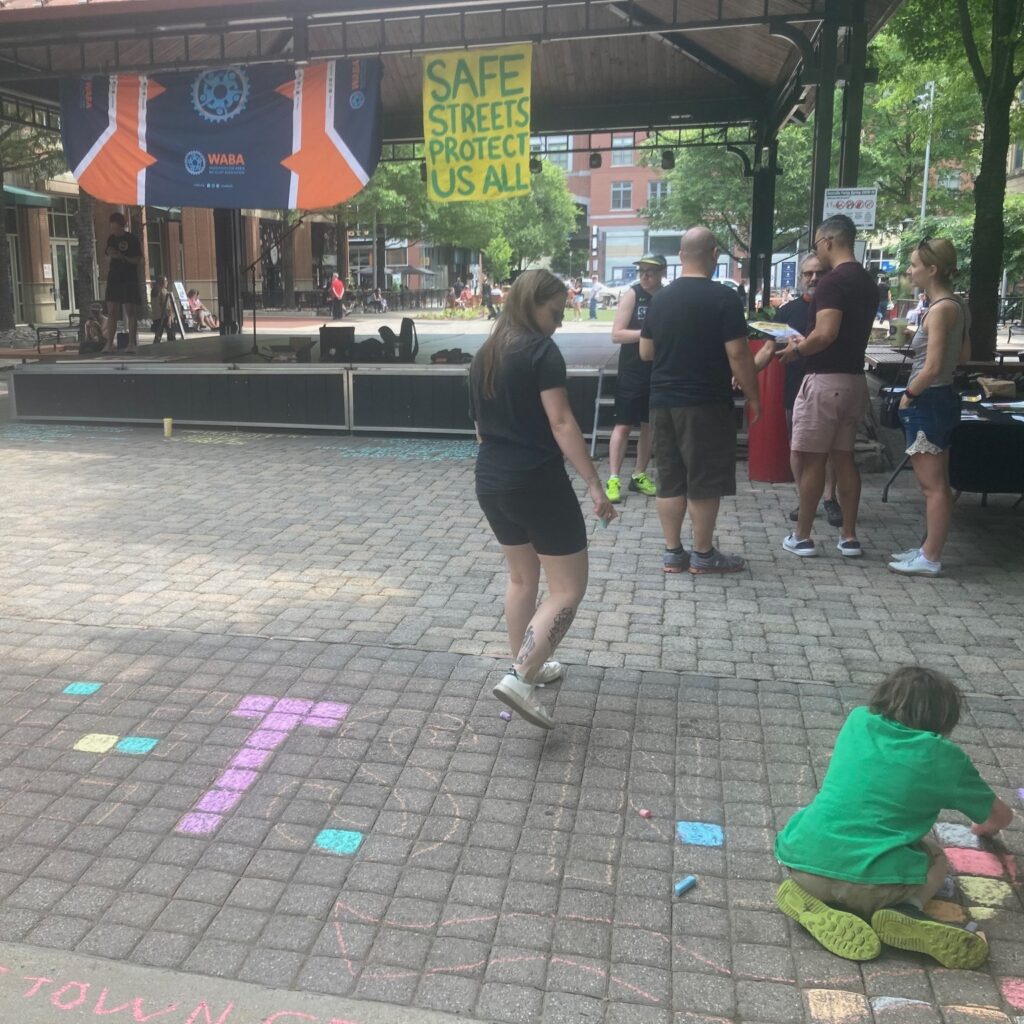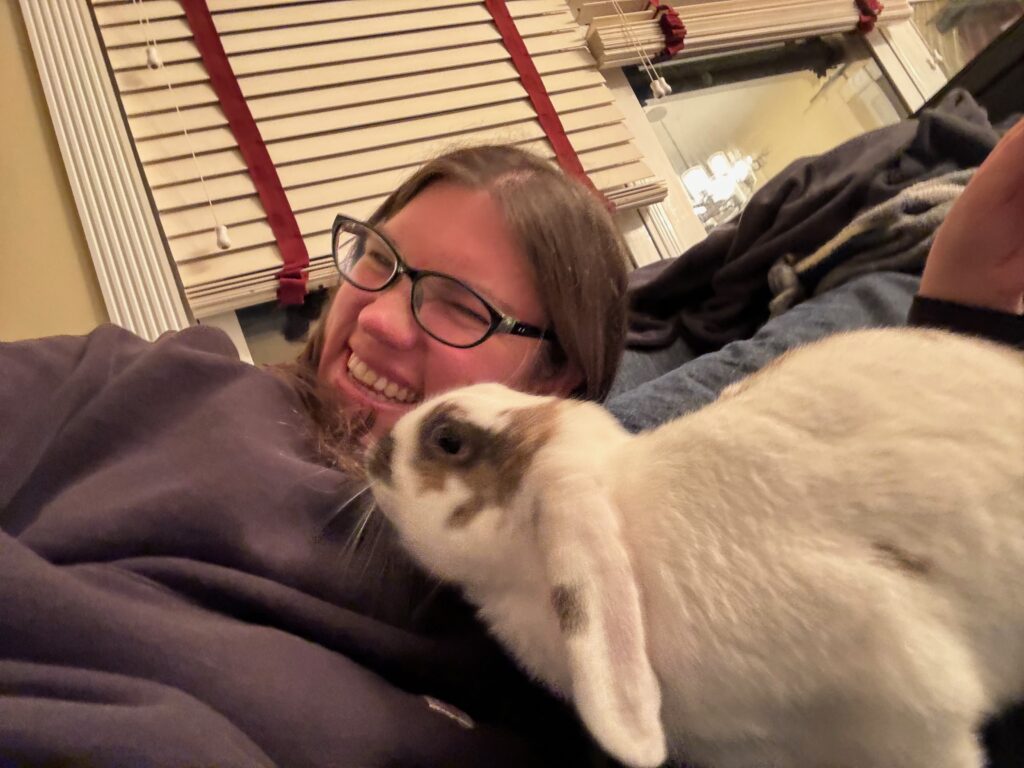
40 was always the big milestone, the “over the hill” age. It’s the age of big parties and black balloons and ageist jokes. But for me, it was … not much. It was following on yet another COVID spike, in yet another dreary February that seemed to go on for far too long and involve far too many gray skies. It was wondering why I would even bother having a party because I wouldn’t have enough friends to attend. It was desperately contemplating every day if I would ever stop being so damn tired. It was a slight mid-life crisis that felt more like a slog through quicksand. It was being disappointed in myself that I was 40 and this much of a mess.
Now, I realize that a lot of that was burnout turned to depression talking. If there’s one thing that depression does, it lies like a bitch. I started recognizing that burnout and depression the fall before, but really started turning the corner on it just after my birthday.
Continue reading